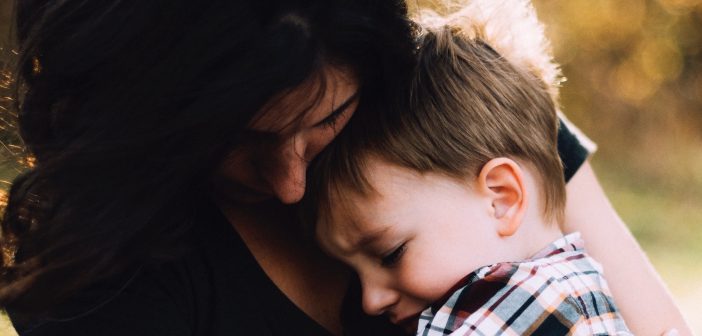It is hard enough as an adult to deal with people who say or do hurtful or insensitive things. Imagine then how difficult it is for children to cope when it happens to them.
Let’s face it kids can be a pretty insensitive bunch. Often they have no filter and can say whatever pops into their minds. Any mum who has been told she has a fat bottom or a lumpy tummy by their toddler can attest to that!
In a school environment this might be a thoughtless comment about your child’s appearance, their physical aptitude or even the contents of their lunch box.
Obviously, other times kids can just be plain mean on purpose. School Mum has shared some great tips in the past on helping your kids deal with mean girls or mean boys and how to deal with tricky friendships.
However, recently I read an article about another amazingly simple and effective technique to help your child grow from hurtful interactions with their peers. It’s a good lesson for adults too!
Essentially it is based on the age-old theory that everyone comes into your life for a reason and can teach you something, even if they are hurtful experiences.
 Hurtful people can teach us to be kinder.
Hurtful people can teach us to be kinder.
A bad friend can teach you what NOT to do in a friendship.
A thoughtless comment when you are sad can teach you what NOT to say if someone else is in the same position.
Teaching our children that even hurtful experiences serve a purpose in our lives and help us to grow, is a way to put a positive spin on a situation that could otherwise be detrimental to their emotional well being and self esteem. It’s also a great way to teach them to be kinder and more empathetic.
After a negative interaction, get your child to think about the hurtful behaviour and what they wish the person had said or done differently. Then get them to think about what they would say if the roles were reversed.
You may even want to go as far as the article advises and encourage your child do make a pledge to do something differently, such as “I pledge not to judge people on their appearances.”
This intentional statement reinforces the lesson your child has learnt from the experience.

